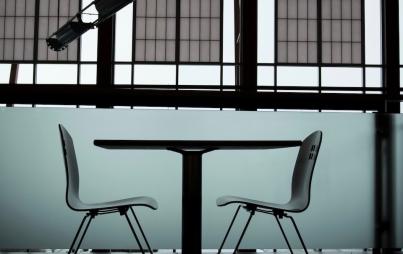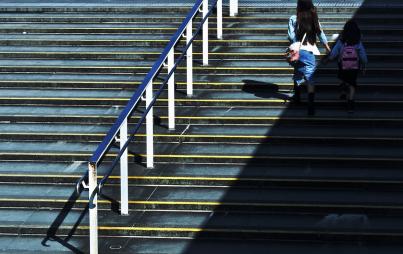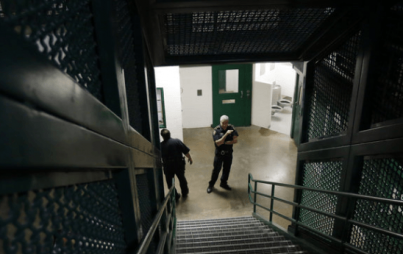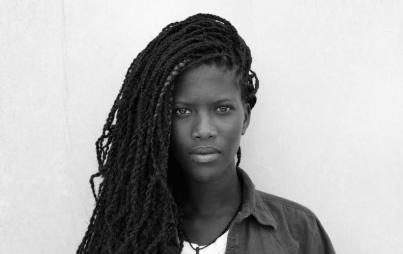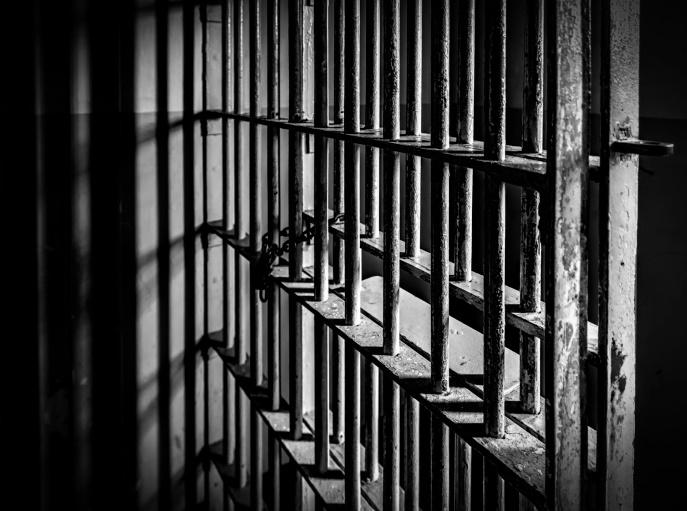
Credit: Thinkstock
Rikers Island is broken; the suffering New York City’s main jail complex has wrought is already immeasurable. And unless we do something, it will only grow worse—much worse.
New York City Mayor de Blasio has asked the Board of Corrections of the city of New York to approve the implementation of a new unit at Rikers Island called the ESHU—the Enhanced Supervision Housing Unit—for 250 of its most "dangerous" detainees.
Though the mayor has framed this move as “reform”—a way to crack down on Rikers’ abysmal abuse record—it is no less than a brutal continuation of torture, the creation of a jail within a jail.
Activists at the intersection of a number of social causes have overwhelmingly called out the ESHU for what it is: Far from reform, it constitutes the continuation of the inhumane practice of solitary confinement. The creation of another punitive unit would provide another avenue for the Department of Corrections to isolate incarcerated people—in a prison complex with a well-known history of abuse, excessive force, and too many questionable deaths of detainees at the hands of correctional officers.
Upon the release of a harrowing report released in August, U.S. Attorney Preet Bharara termed the jail complex “a place where brute force is the first impulse rather than the last resort, a place where verbal insults are repaid with physical injuries, where beatings are routine, while accountability is rare." The report outlines a “deep-seated culture of violence” against inmates and covers 129 cases—most of which involved inmates with mental illnesses being seriously injured in assaults by officers.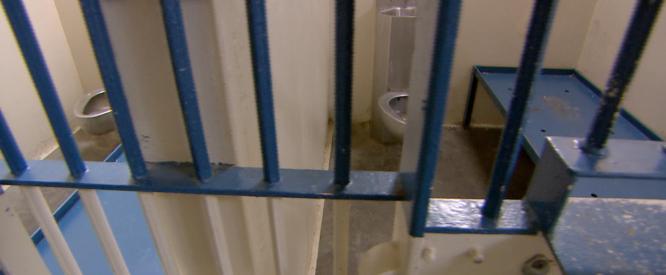
Last year, mentally ill inmate Bradley Ballard died at Riker’s after officers left him in a jail cell for a week, naked, deprived of medication, covered in feces, and completely ignored. On New Year’s Day, another mentally ill inmate, Fabian Cruz, hung himself when officers failed to put him on suicide watch.
Compounding the grave mistreatment of the mentally ill, Rikers’ “culture of abuse” also speaks to horrors such as the beatings of juveniles, rape, and preventable deaths. The severe use of solitary confinement at the jail is also, already, terrifyingly common. (Bharara's report specifically called out the prison's reliance on solitary as a punishment for teens, noting that adolescents were "routinely placed in punitive segregation for months at a time" and that placing the mentally ill in this situation "could result in self-harm or even suicide." This charge prompted Rikers to end solitary confinement for teens, but it remains a prevalent mode of punishment for the adult mentally ill.
At a time when the city is standing up and saying Black Lives Matter, harmful policies that disproportionately affect the black community—by both the police and correctional officers in New York City jails—need to be stopped. To move forward with the Enhanced Supervision Housing Unit would be giving the very same correctional officers who have defied civility and humanity for several decades the right to continue to disregard, disrespect, and abuse the almost 15,000 detainees held there who have not even been convicted of a crime, but are merely awaiting trial. And these same officers want the mayor to put the 250 most “dangerous” criminals into that unit when we have no evidence there are 250 such people.
As the New York Times editorial board pointed out in an op-ed on January 1, that the politically powerful correction officers' union is headed by the corrupt Norman Seabrook—who is committed to this heinous status quo and "an enemy of reform"—makes all of this even more problematic and dangerous.
I speak as someone who’s been labeled a security threat—an arbitrary term correctional officers assign to mean “dangerous.” At age 59, I was arrested and incarcerated. I spent 42 days in segregated housing, placed there in shackles after being labeled a “security risk.”
What earned me this designation? An email I’d sent out detailing a situation where an inmate had gone to medical describing severe stomach pains. She was told by a physician’s assistant that her problem was being fat and was instructed that she needed to walk on the track and drink water. He conducted no tests. Two weeks later, she was dead—her gall bladder had burst. It was a preventable death. And I was a “security threat” for raising the issue.
Officers in the Segregated Housing Unit told me I was going to stay locked up 23 hours a day because I had written about an officer. They knew I was not a security risk but they charged me as being one. They put me in solitary because I dared to write about an officer—my punishment was simple retaliation. And it's a punishment I feel I may never recover from, as I discuss in this video:
The officers at Rikers will be able to list anyone as a security risk or dangerous person—just as I was. The new ESHU unit being voted on offers no specifics on how or who will be charged. The proposed unit has no definition for who’s “violent,” “dangerous,” or a “security threat.”
Further, the cost of the ESHU unit is approximately $14 million. Contrast that figure with the significant number of Rikers detainees who are held there awaiting trial for lack of bail; nearly 80% of Rikers' 15,000 detainees are stuck there because they can’t afford the $250-500 cost of bail.
I ask: Mayor de Blasio, wouldn’t New York City be better served taking the $14 million and using it for the bail needed to get most of the people off the island—instead of risking their abuse or their very lives? Wouldn’t lowering the number of incarcerated be a better use of the money than more solitary confinement?
Mayor de Blasio, do not give correctional officers a new way to retaliate against detainees who can’t afford bail. The officers have not proven themselves worthy. Just a few days ago, they failed to prevent a suicide.
The extraordinary human suffering at this institution has gone on too long. It is not time to build a new solitary confinement unit with a new name, it is time to close all solitary units. It is not time to put money into Rikers at all—it is time to close it altogether.
All of the suffering and lives at stake mean New Yorkers must be vigilant about finally halting the widespread repetitive problems at Rikers. The harm caused to the detainees is our, the people of New York City’s, problem. We can’t commit to letting it go on, we must say forcefully: Not this time. We have an obligation to defy injustice and to proclaim that Detainees Lives Matter.
The vote to approve the unit is scheduled for January 13, 2015.
Please call the Mayor and SAY NO TO ESHU, sign our petition, and post it widely.
Lives depend on it.
This post is by Evie Litwok, a member of NYC Jail Action Committee and president of Ex-Offender Nation.


